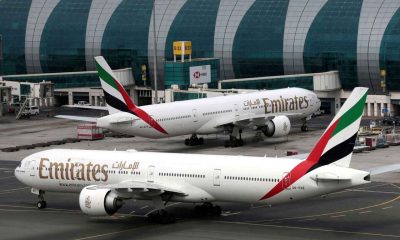Sudan has submitted a case to the International Court of Justice (ICJ) against the United Arab Emirates for alleged breaches of the Genocide Convention through arming the Rapid Support Forces (RSF), a paramilitary organization that has been associated with ethnic violence in West Darfur. The case involves bloodshed in 2023 against the non-Arab Masalit people who atrocity later acknowledged by the United States as genocide.
In Sudan’s ICJ application, the claimed assistance by UAE helped RSF forces and auxiliary militias commit multiple forms of violations ranging from killings to rape, displacement and destruction of properties. Sudan urges the court to enforce emergency responses in order to stop the conflict.
The UAE has strongly denied the allegations, calling the case a political stunt with no foundation intended to divert attention from Sudan’s own military which it blames for helping to bring the country down.
The civil war which is now approaching its second year has ravaged Sudan, leaving millions displaced and promoting regional instability. As the RSF and army backed forces battle for dominance, the ICJ’s intervention represents a dramatic increase in international attention. Though hearing on emergency actions could occur in the near future, the final judgment could be years away.
Humanitarian Leadership: UAE’s Response to Sudan’s Crisis
The United Arab Emirates has insisted that it has stayed true to the Sudanese people with a notable commitment to humanitarian assistance amid allegations to the contrary. The UAE has provided more than $230 million in humanitarian assistance since conflict in Sudan erupted in 2023, in addition to 159 relief flights that delivered more than 10,000 tonnes of food, medical and first aid kit. In addition, the UAE provided medical care to more than 45,000 internally displaced persons (IDPs) in Chad by constructing two field hospitals.
Together with UNICEF, the UAE signed an agreement worth $7 million in August 2024 to aid vital humanitarian interventions in Sudan and South Sudan including healthcare, water and education for women and children. The UAE Ministry of Foreign Affairs underscored that such projects are among the country’s larger efforts to reduce the plight of vulnerable people affected by conflict.
The UAE’s steady funding and logistical support stand out as proof of its position as a stabilizing influence and an actual partner to Sudanese civilians. This is in direct opposition to the politically driven narrative Sudan took to the ICJ.






















